The views expressed in our content reflect individual perspectives and do not represent the authoritative views of the Baha'i Faith.
Feed the poor, divide what you have. Be contented to remain where God has placed you; be faithful in your care of those to whom He has trusted you, never waver in this—show by your life you have something different, so that all will see and will say, “What has this person that I have not?” – Abdu’l-Baha, Star of the West, Volume 9, p. 86.
World War I witnessed sixteen million deaths, but not all from bullets, bombs or poison gas—it also saw the starvation of hundreds of thousands and perhaps millions of people.
During the first World War, when the Allies of the Triple Entente (the British, the French and the Russians) blockaded the North Sea and many European harbors to help them defeat the Central Powers (Germany, Austria-Hungary and the Ottoman Empire), the Middle East also suffered tremendously. Like the blockaded German port cities, the Palestinian port of Haifa (now in Israel) rarely docked anything but military vessels for several years, which meant that very little food got through. On top of the effects of the blockade, the Ottoman Empire’s army freely stole food and supplies from the civilian populace, which meant that many people in the region went hungry. Mass starvation occurred—with the exception of one region in Palestine.
After British and Indian troops led by Sir Edmund Allenby entered Jerusalem and then Haifa, the war ended and the Ottoman Empire collapsed. Allenby became High Commissioner of the entire region, and sent a now-famous cable to London: “Have to-day taken Palestine. Notify the world that Abdu’l-Baha is safe.”
This account of that period, told by the British Baha’i Lady Blomfield in her book The Chosen Highway, reveals what happened next:
When the British arrived in Haifa, where the blockade had caused a perilous condition for the inhabitants, it was discovered that Abdu’l-Baha had saved the civilian population from starvation. Provisions which He had grown, buried in under-ground pits, and otherwise stored, had been given out to the civilians of every nation living in Haifa. Abdu’l-Baha did this in a military way as an army would give rations, and deep was the gratitude of those women and children who had been saved by His power to see into the future of tragedy and woe as early as 1912, when He began the preparations for the catastrophe which was to overtake that land in 1917 and 1918. When Haifa was finally occupied by the British, reserve provisions had not yet come for the army, and someone in authority approached [Abdu’l-Baha]…
When the British army arrived in Haifa and set up its garrison, its leaders realized that their supply lines would not be able to immediately provide sufficient food for the soldiers. The commander sent an emissary to ask Abdu’l-Baha if he could help:
“I have corn,” was the reply.
“But for the army?” said the astonished soldier.
“I have corn for the British Army,” said Abdu’l-Baha.
For saving the lives of the civilians in the region, and for feeding its soldiers, the British Empire knighted Abdu’l-Baha. But his knighthood did not fully recognize the fact that Abdu’l-Baha had grown and stored food in anticipation of the great need during the war since long before it began. In fact, the entire region revered Abdu’l-Baha, because he had fed, housed, clothed and provided medical attention for poor people there for decades, not only during the war.
This kind of selfless care for others, the Baha’i teachings say, characterizes a truly spiritual life:
But all these sayings are but words and we see very few of them carried into the world of action. On the contrary, we perceive that men are carried away by passion and selfishness, each man thinking only of what will benefit himself even if it means the ruin of his brother. They are all anxious to make their fortune and care little or nothing for the welfare of others. They are concerned about their own peace and comfort, while the condition of their fellows troubles them not at all.
Unhappily this is the road most men tread.
But Baha’is must not be thus; they must rise above this condition. Actions must be more to them than words. By their actions they must be merciful and not merely by their words. They must on all occasions confirm by their actions what they proclaim in words. Their deeds must prove their fidelity, and their actions must show forth Divine light.
Let your actions cry aloud to the world that you are indeed Baha’is, for it is actions that speak to the world and are the cause of the progress of humanity. – Abdu’l-Baha, Paris Talks, p. 78.
“Show by your life you have something different,” Abdu’l-Baha advised us. Those who can do that, on a constant and consistent basis, truly fashion their lives in a spiritual way.
Next: How to Become Happy, Serene and Satisfied
You May Also Like
Comments



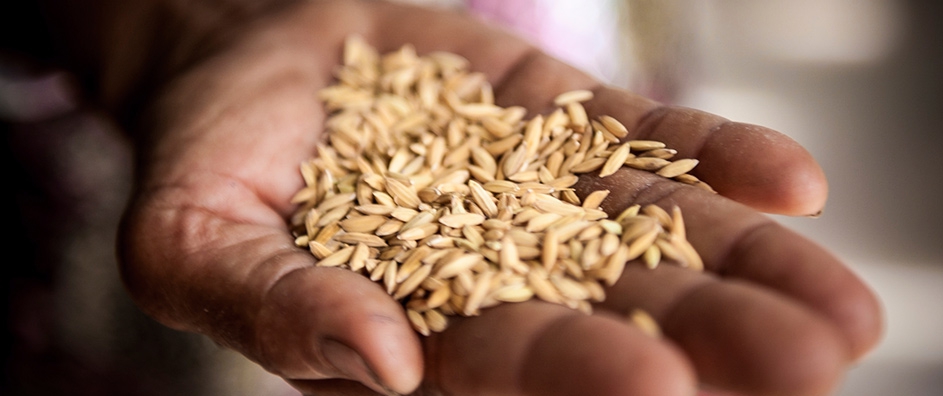


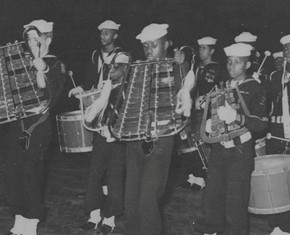

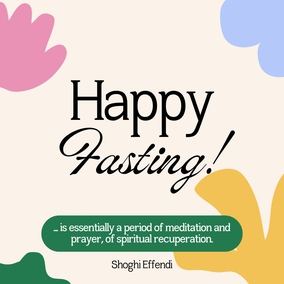
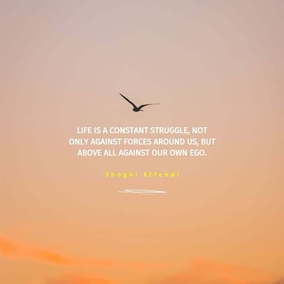
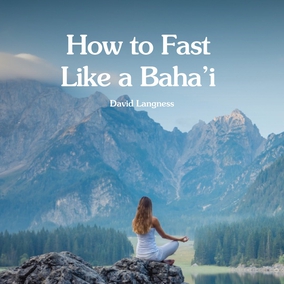
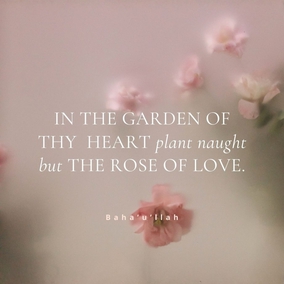
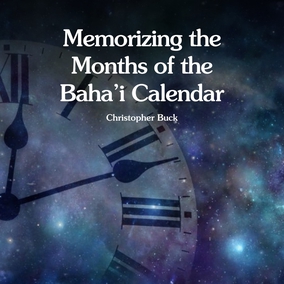
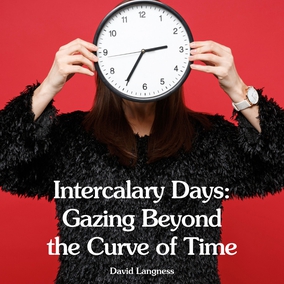
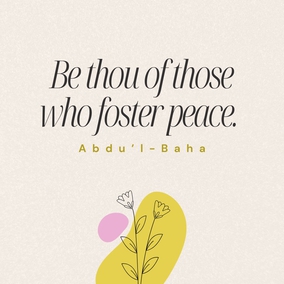
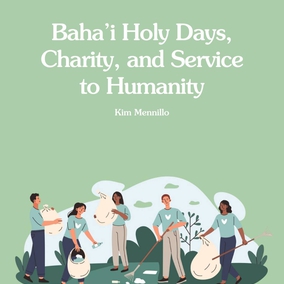

I grew up relatively poor, on a homestead without much in the way of luxury, but we never went hungry, grew and hunted most of our own food, and in general had a good life.
Now I am an adult and responsible for others. I am married but have no house for my bride. I have daughters but have no college funds for them. But I am moving in that direction.
And thus the dilemma. ... Is the strong desire for a nice home on a nice piece of property "too much"? Are such resources better spent on charitable deeds whilst living in a cheap apartment? It\'s vexing to me because I know I can live in a tent if necessary...and my wife does not complain one bit.
But to have an actual home to call our own, to decorate as we see fit, host events and travelers as we see fit, and to be able to grow our own food as we see fit, is a very appealing thing.
But there are many hundreds that do not have even proper shelter, let a lone a home. Why should I have such a luxury when I can survive on so much less...even if it means never feeling settled?
How do others deal with such questions?
https://senmcglinn.wordpress.com/2011/04/22/abdu%E2%80%99l-baha-british-knighthood/